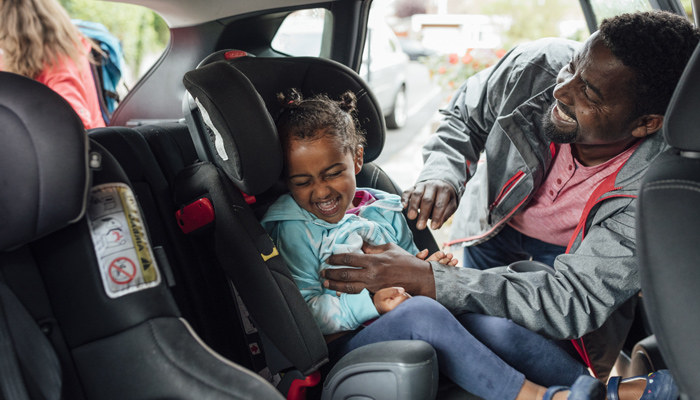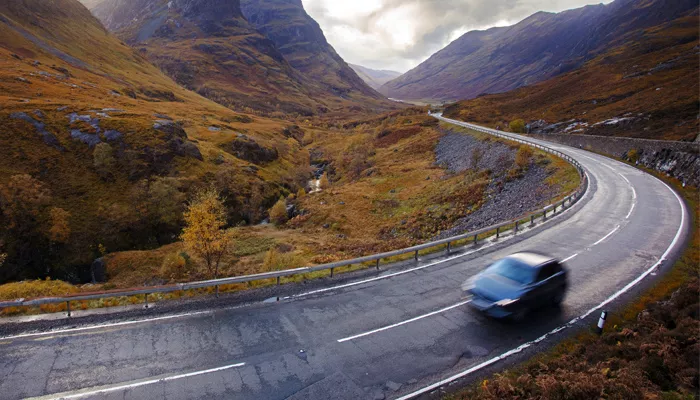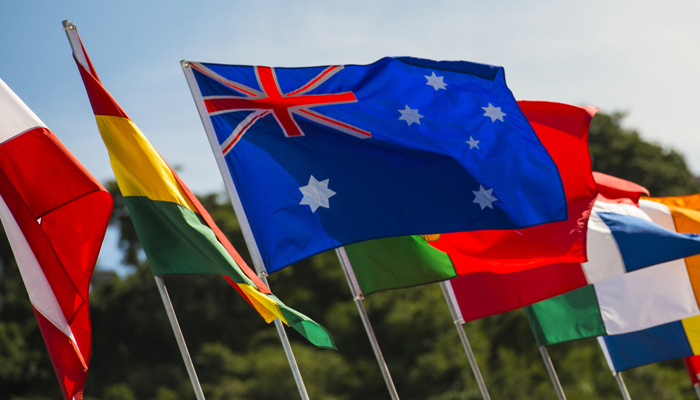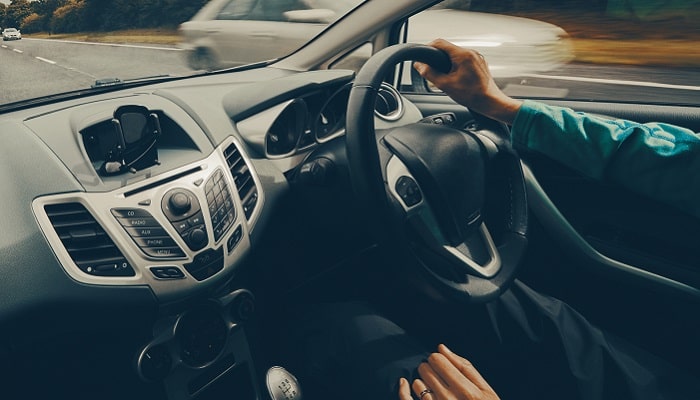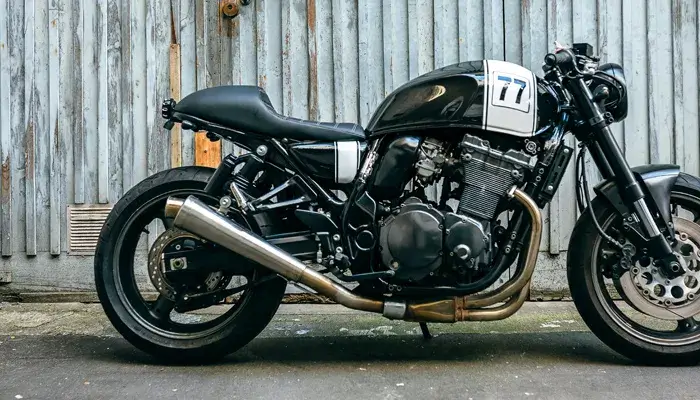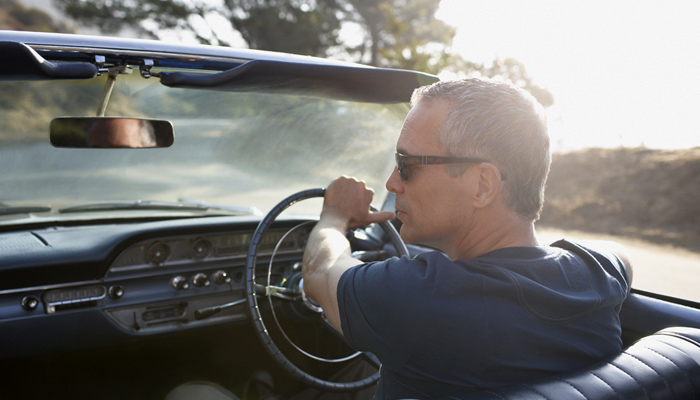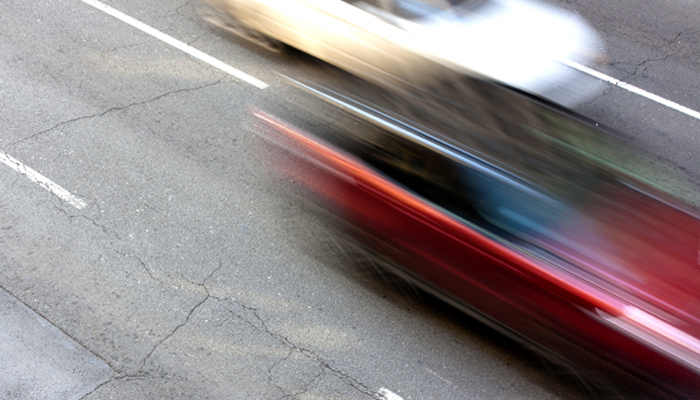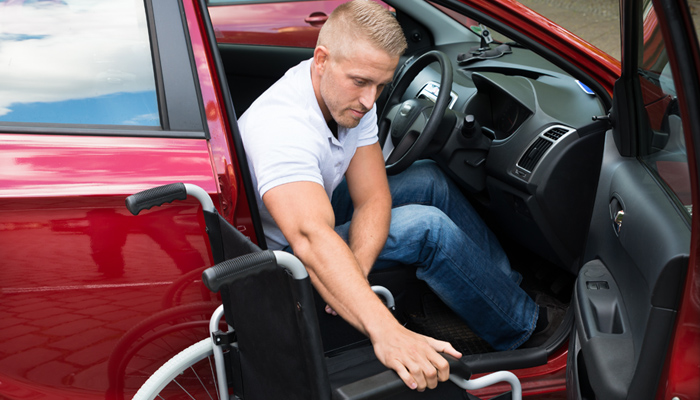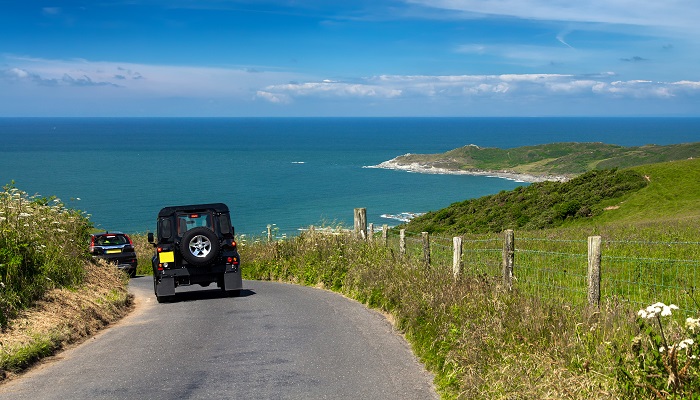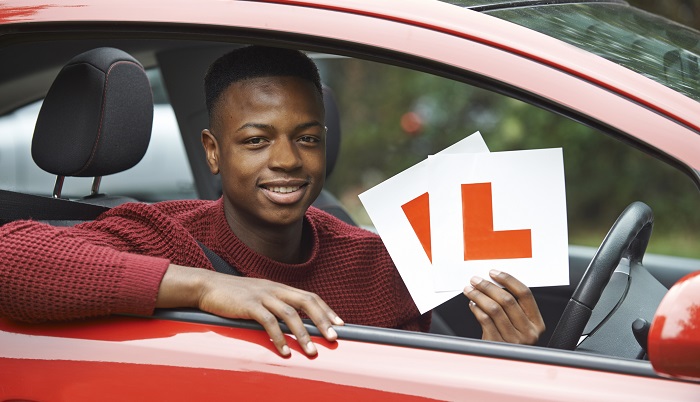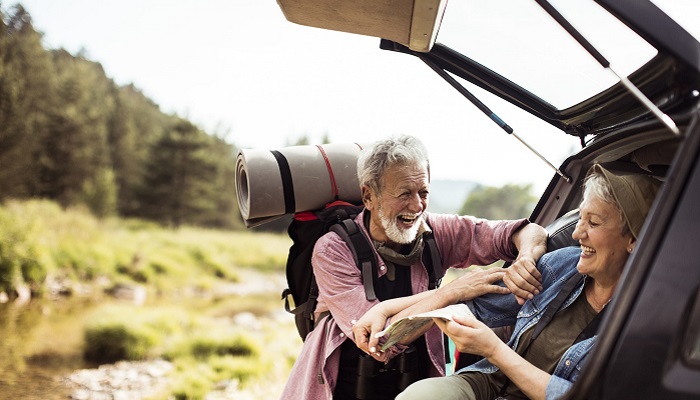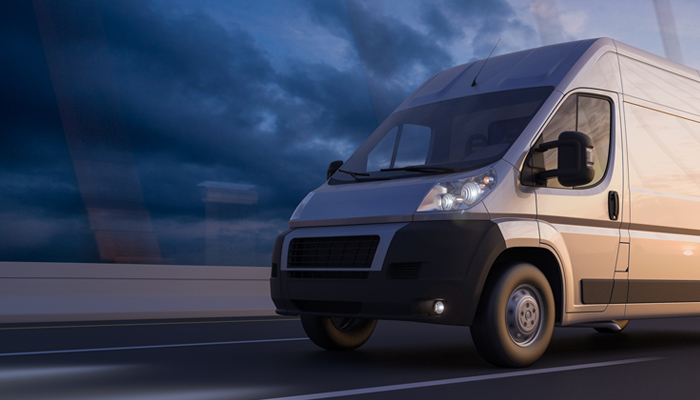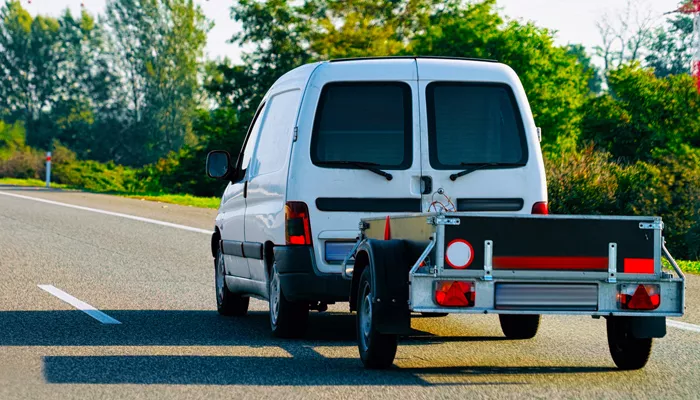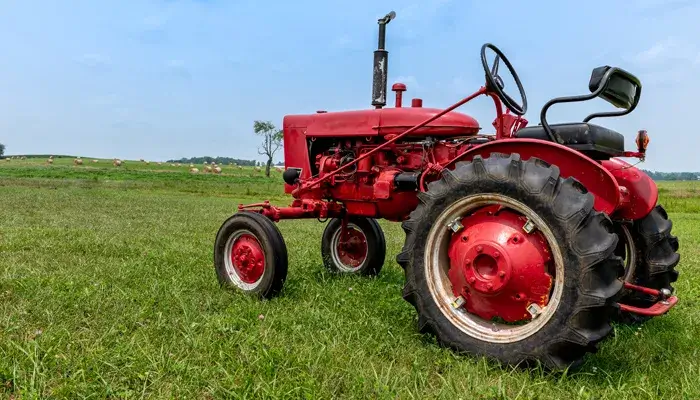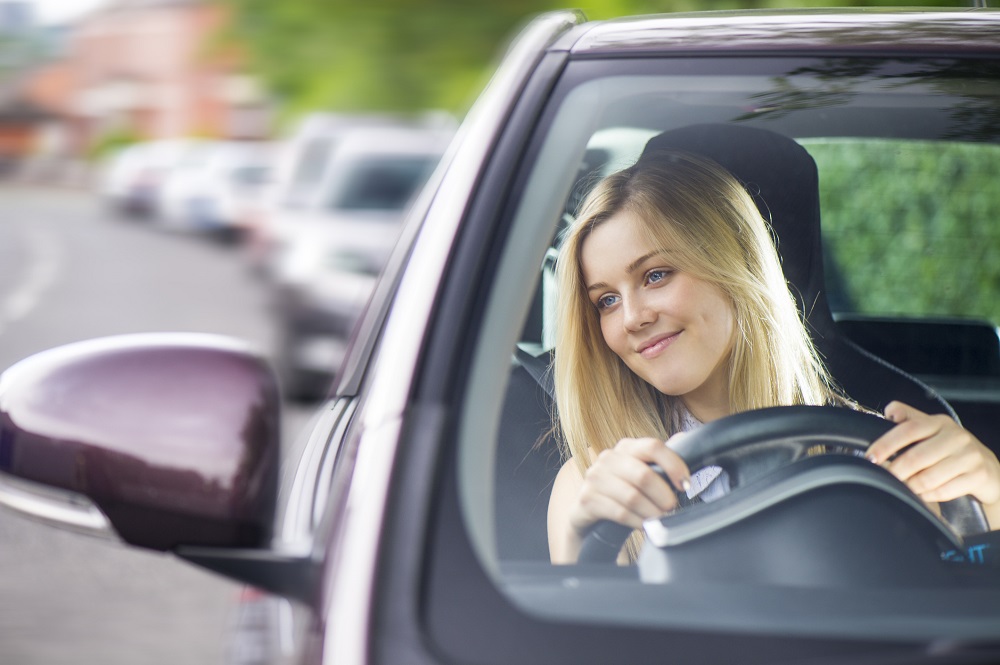Top Ten Dangers to Young Drivers on the Motorway
Driving on the motorway can be daunting for any newly qualified, young driver, but there are a number of things you can do to reduce the risk of an accident and claims to your young driver insurance.
So, before taking your first independent journey on the motorway, here is a list of the top ten dangers you may face and what you can do to stay as safe as possible:
Tailgating
Driving too close to cars in front of you can be extremely hazardous to both yourself and other drivers, especially if you are forced to stop due to accidents or road works. A good technique to check whether or not your are travelling at a safe distance from the vehicle in front is the two second rule: choose a point on the road ahead and when the vehicle in front of you reaches that point, count how many second it takes you to reach the same point. In wet condition, this should be increased to four seconds.
Driving while using a mobile phone
Whether speaking or texting, this is incredibly dangerous. A mobile phone can be a major distraction whilst driving and should only be used once you have found a safe place to stop the car.
Driving in the middle lane when the left lane is empty
This can be extremely hazardous as the middle lane should only be used to overtake slower moving traffic in the left hand lane. If the left hand lane is empty then you should move into this rather than staying in the central lane on a motorway.
Changing lanes without proper observations or signalling
This is probably one of the biggest causes of accidents on the motorway. You should always check your mirrors and have a quick glance through your side-window before moving into a lane. In addition to this, always make sure you signal so that other road users know what you intend to do and can take adequate precautions if necessary.
Driving on the hard shoulder to avoid heavy traffic
The hard shoulder should only be used if you need to stop in an emergency or a car breakdown. It is essentially a clear area of road where the driver can stop safely and get out of the flow of traffic.
Never use it to overtake or avoid heavy traffic, as this is illegal and dangerous, especially if there are broken down vehicles or roadside emergencies.
Inadequate observations and signalling when entering a motorway from a slip-road
You should always check that it is safe to move on to a motorway beforehand. Whilst many cars will move across to the middle lane or slow down to allow you access, not everyone is this considerate. In addition to this, it is important to let other cars know your intentions so signalling before moving out on to a motorway is a must.
Driving too slowly
You'd be surprised at how frustrating it can be being stuck behind someone who is driving well below the set speed limit. Unfortunately, this can cause rash behaviour among some drivers who take dangerous risks as a result. In normal conditions, you should try to drive as close to the speed limit on the motorway as possible.
Speeding on the motorway
It's worth bearing in mind that the set speed limit on the motorway is 70mph and many drivers get upset when harassed by someone driving at dangerous speeds between 80 - 100+ mph.
This is largely down to the fact that fast moving vehicles can cause accidents as they don't necessarily see hazards as quickly as people driving in a consistent, safe manner.
Use of the outside lane by HGVs
Legally, an HGV (heavy goods vehicle) is not allowed to use the outside lane of a three lane motorway as their speed tends to be limited to around 60 miles an hour due to the size of the vehicle.
HGV vehicles driven incorrectly on the motorway can cause serious accidents on the road and have resulted in pile-ups. Always be vigilant when driving near a lorry or other heavy goods vehicle - you never know when one could pull-out on you.
Stopping on the hard shoulder when there is no emergency
Hard shoulders are there for vehicles that are breaking down or if there is an emergency and the vehicle needs to stop quickly. They can also be used by emergency vehicles such as highway patrol, police cars and ambulances.
Stopping on the hard shoulder to eat, go to the toilet, use a mobile phone or check a map is illegal and you should not do it.
So, before hitting the motorway take time to think about your journey, plan it and most importantly, stay on the road.
Date: February 28, 2018
Category: Motor


